When developing our project to treat children with cleft lip and palate in Somalia and Ethiopia, our plan from the start was to build a local team so that qualified help was available to local patients at any time and without language barriers. Among making the project accessible for patients and more simple organizationally, we also save on travel costs for foreign teams, which means more money is available for directly providing surgeries and eventually other cleft therapies, meaning that more patients are able to receive the vital care they need.
This plan is now bearing fruit: Dr. Samater from Jijiga in Ethiopia has completed his training as a cleft surgeon and has now started providing cleft care at his hospital. From now on it will be available as a permanent contact point for patients on site. Another colleague of his will also receive the necessary specialist training and thus broaden the team’s ability to provide these vital medical services to local patients even further. Travelling from Jijiga to our second location in the region in Garowe, Somalia is relatively uncomplicated, so that the two surgeons can also offer help there relatively easily – a huge step forward in the development of the project and of course for the cleft patients in the Horn of Africa.
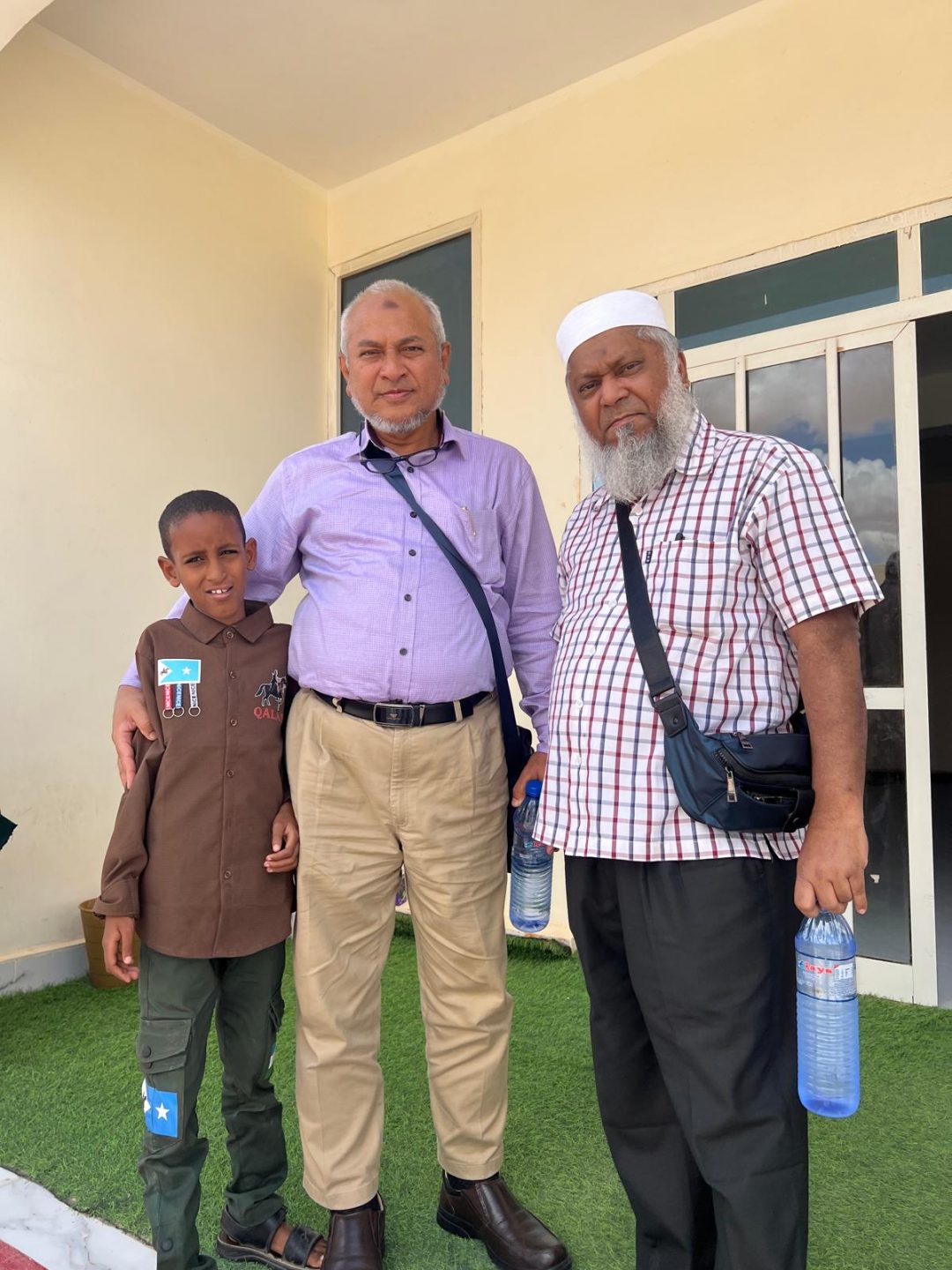
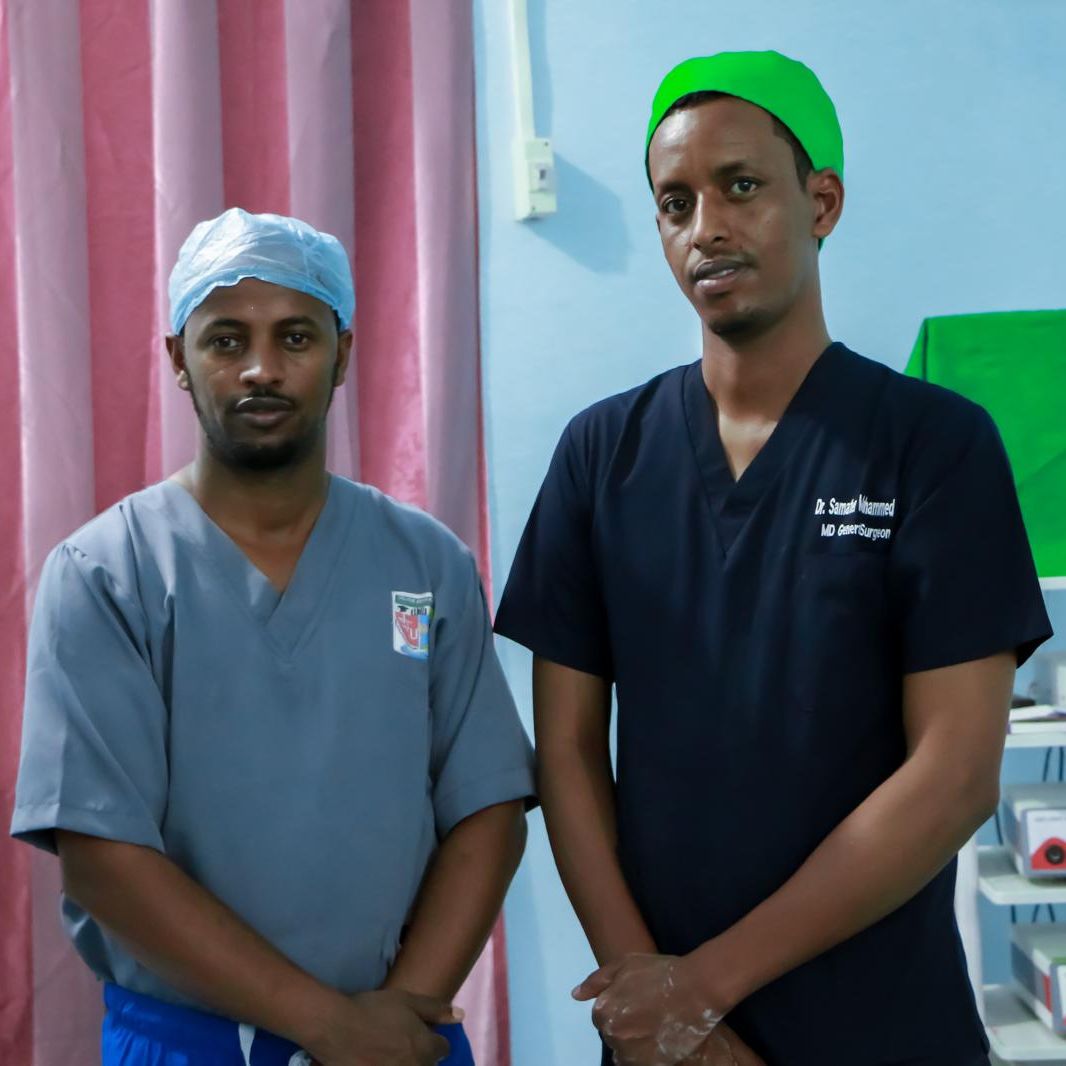
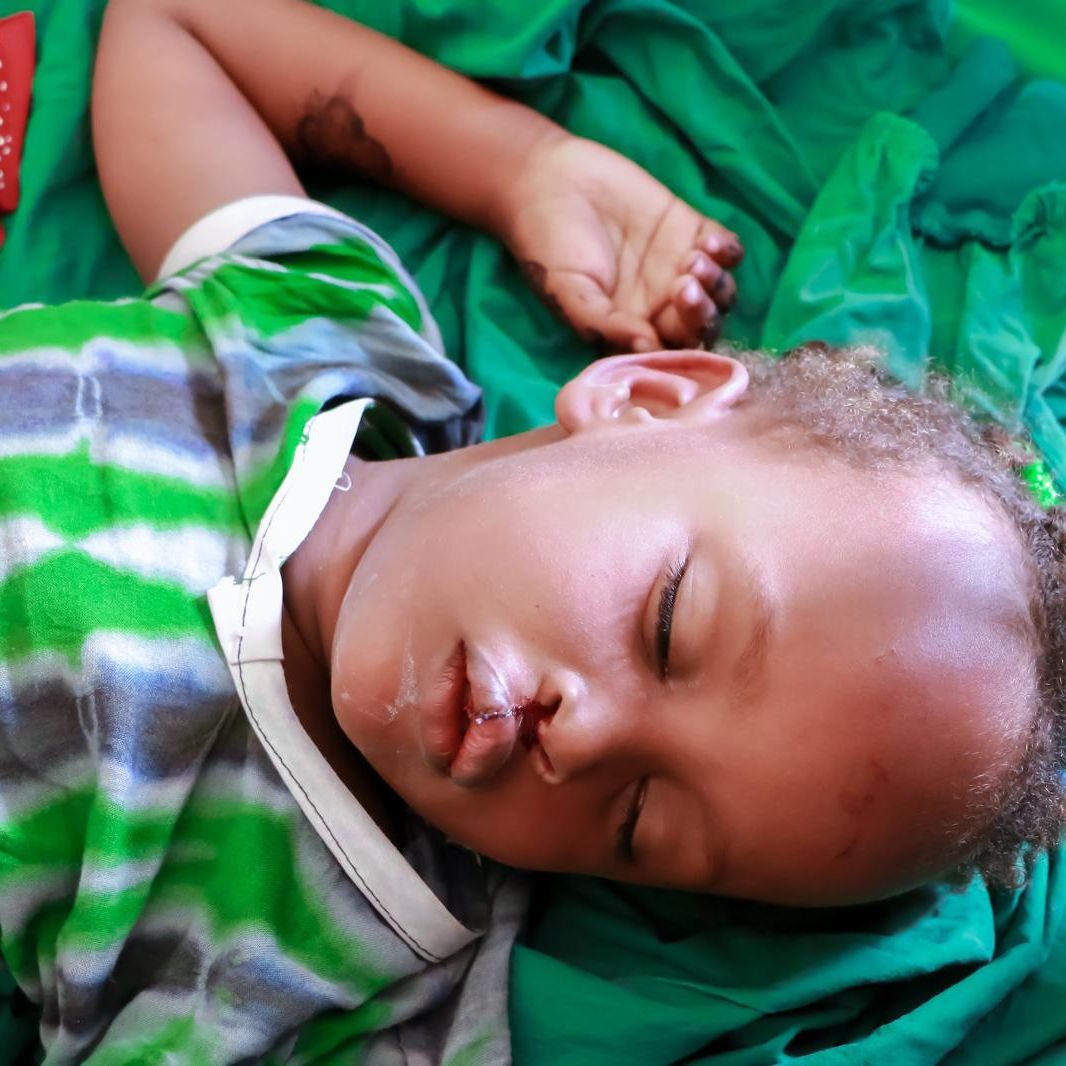
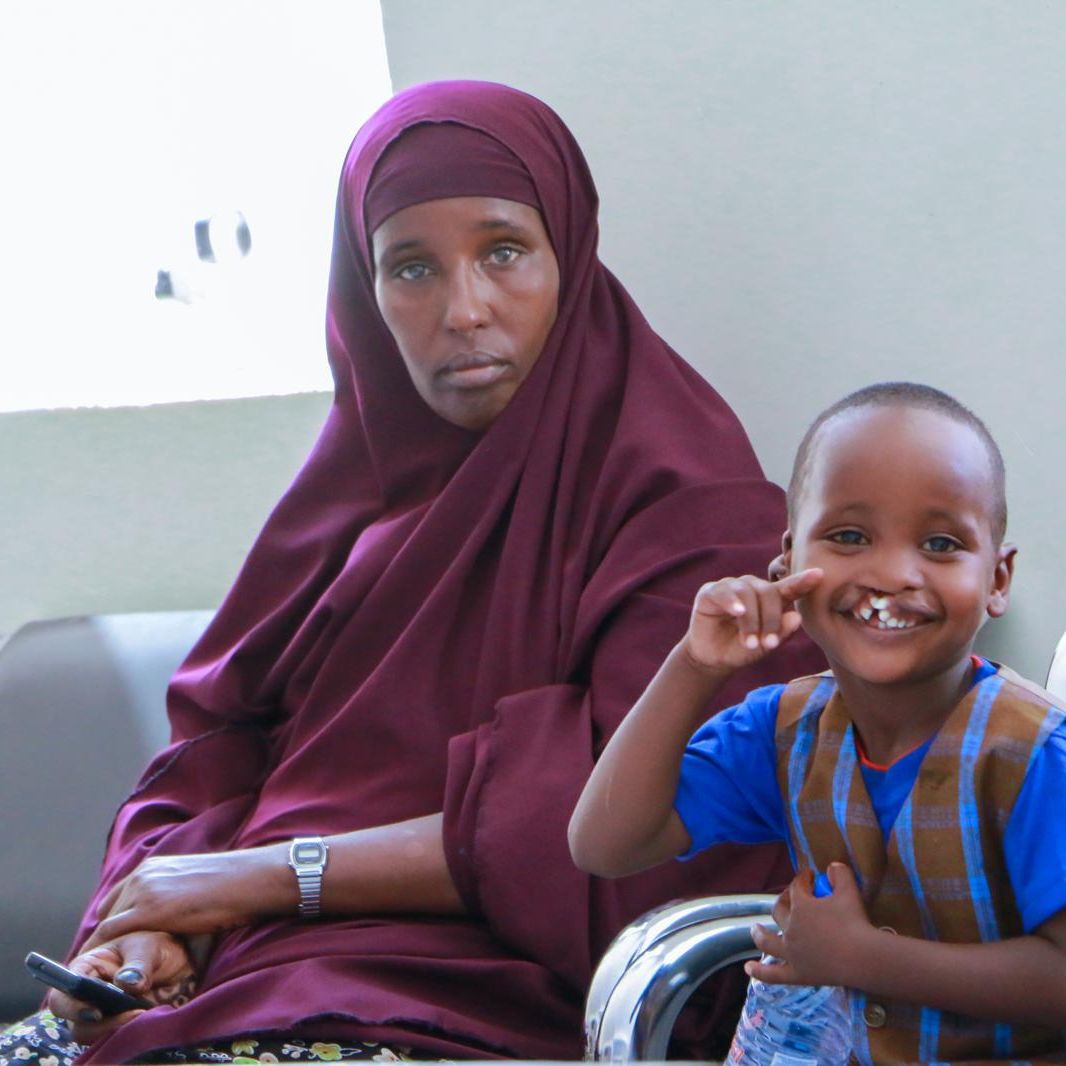
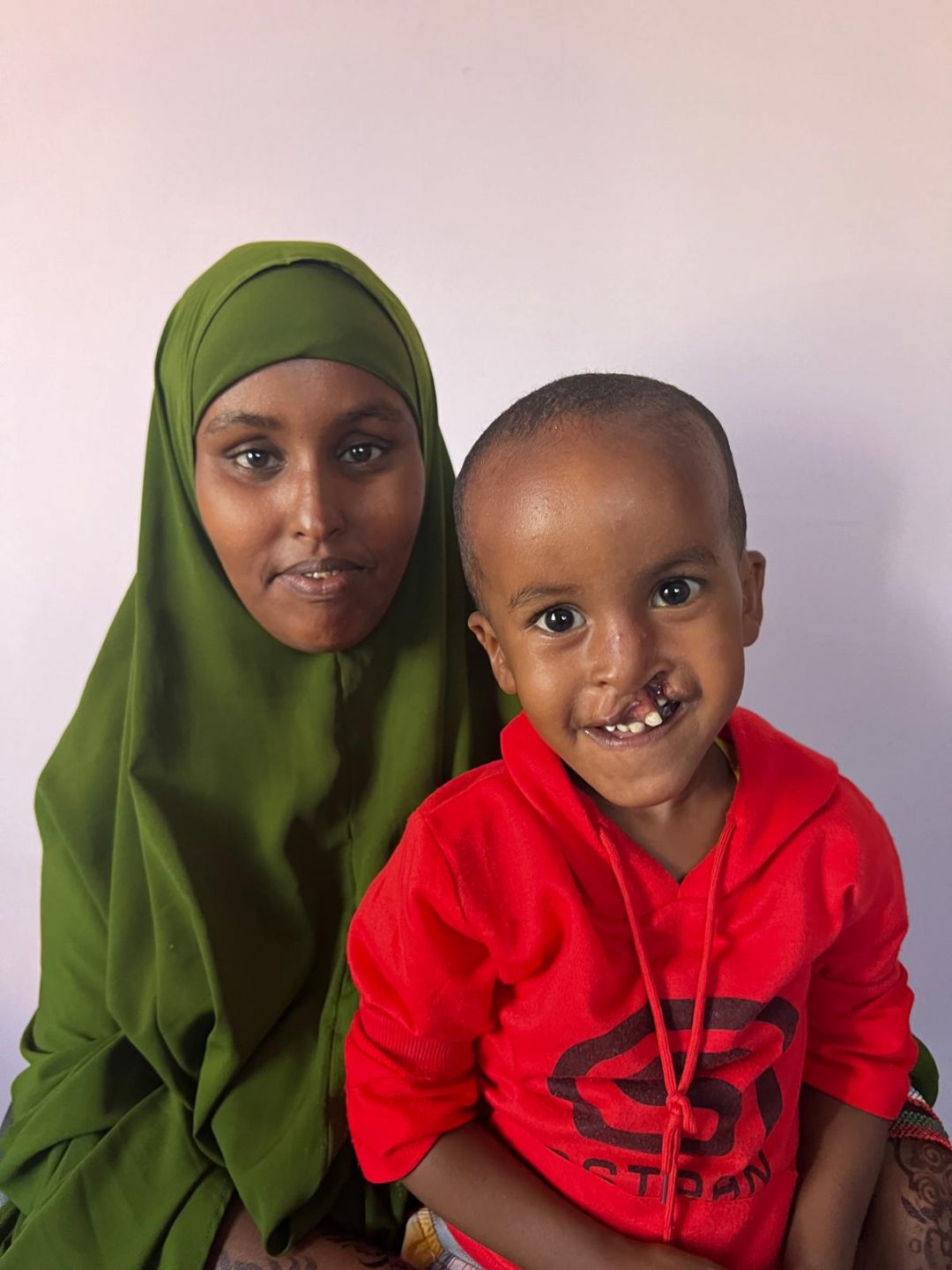
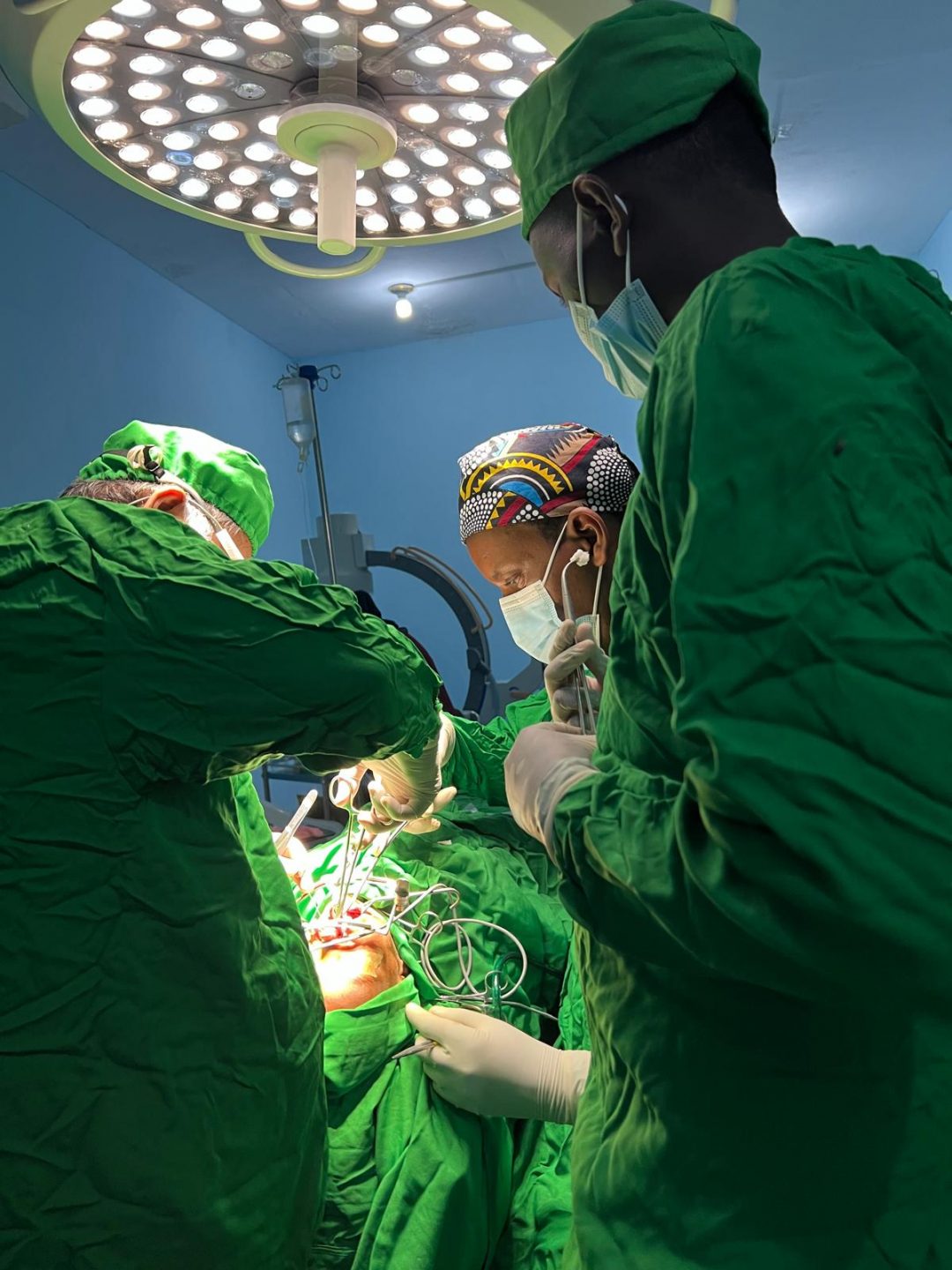
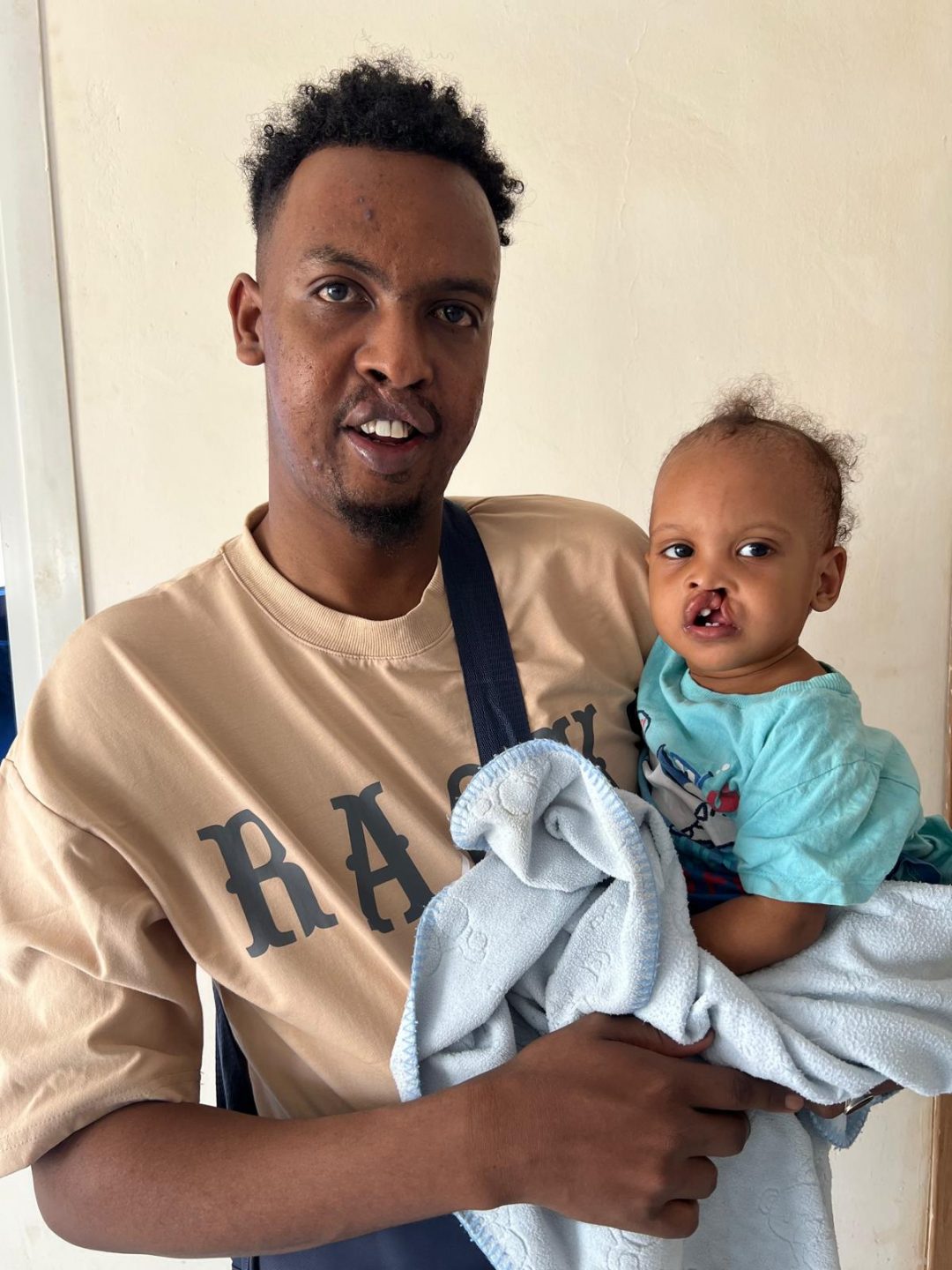
Cooperating across borders for cleft children
Our efforts to ensure that the project is deeply rooted locally do not mean that the project in its current successful incarnation would not have been impossible without international cooperation: highly experienced surgeons from our established teams in India, Pakistan, and Bangladesh volunteered to provide hundreds of operations in Garowe and Jijiga when we had not yet recruited and trained local surgeons. Also the training of Dr. Samater and Dr. Abdinasir draws on the experience of these cleft surgery experts. Dr. Samater was able to complete a training period with our partner Professor Ganatra in Karachi, Pakistan and learned much there. And of course the project would not have been possible without our Somali-German partner in this project, the Somcare organization from Heidelberg. We are very pleased about this positive development of the project and would like to thank all of our partners who contributed their skills to the success of this project, and of course our many donors who have made and continue to make this hopeful and important project possible.

